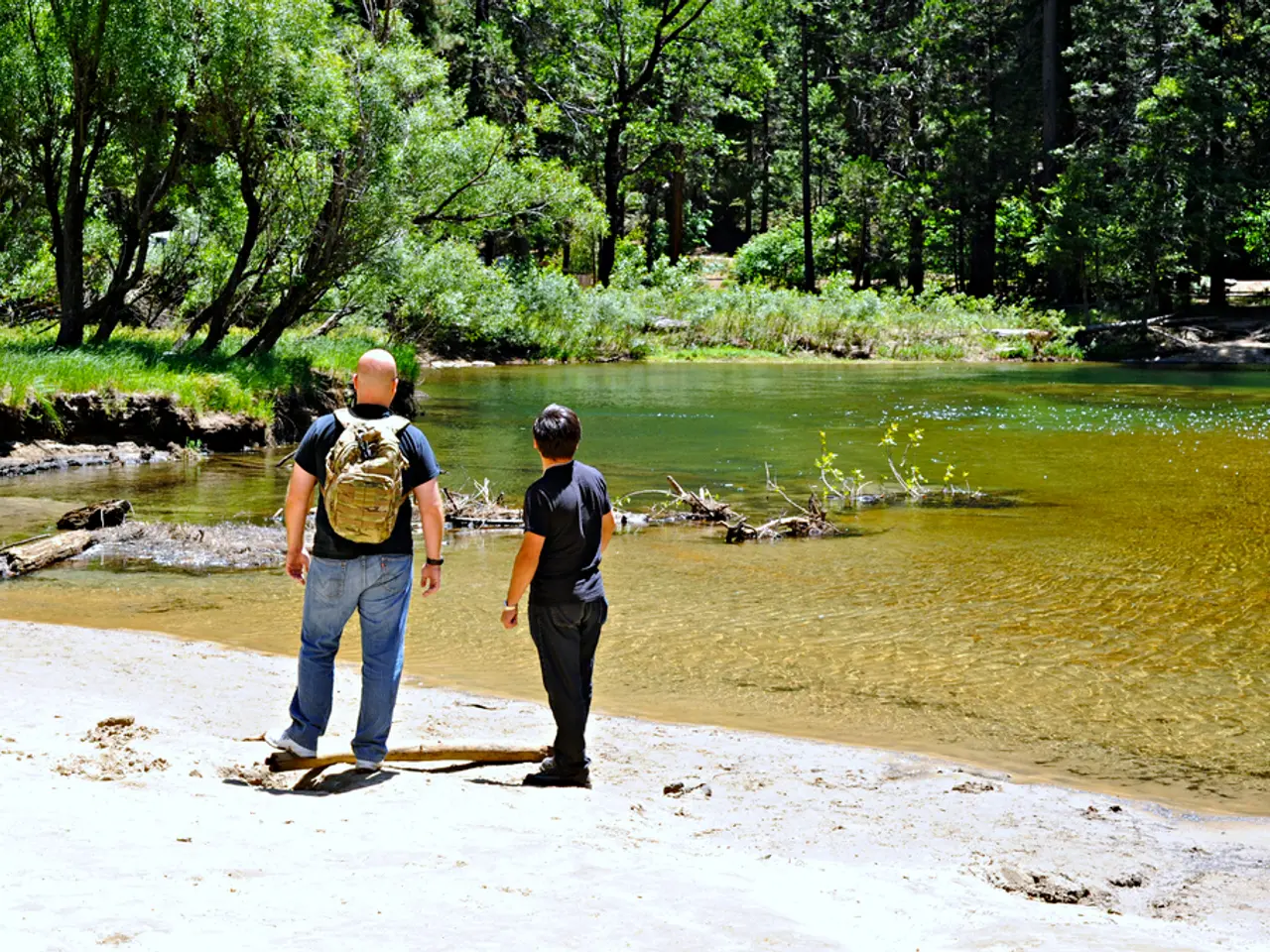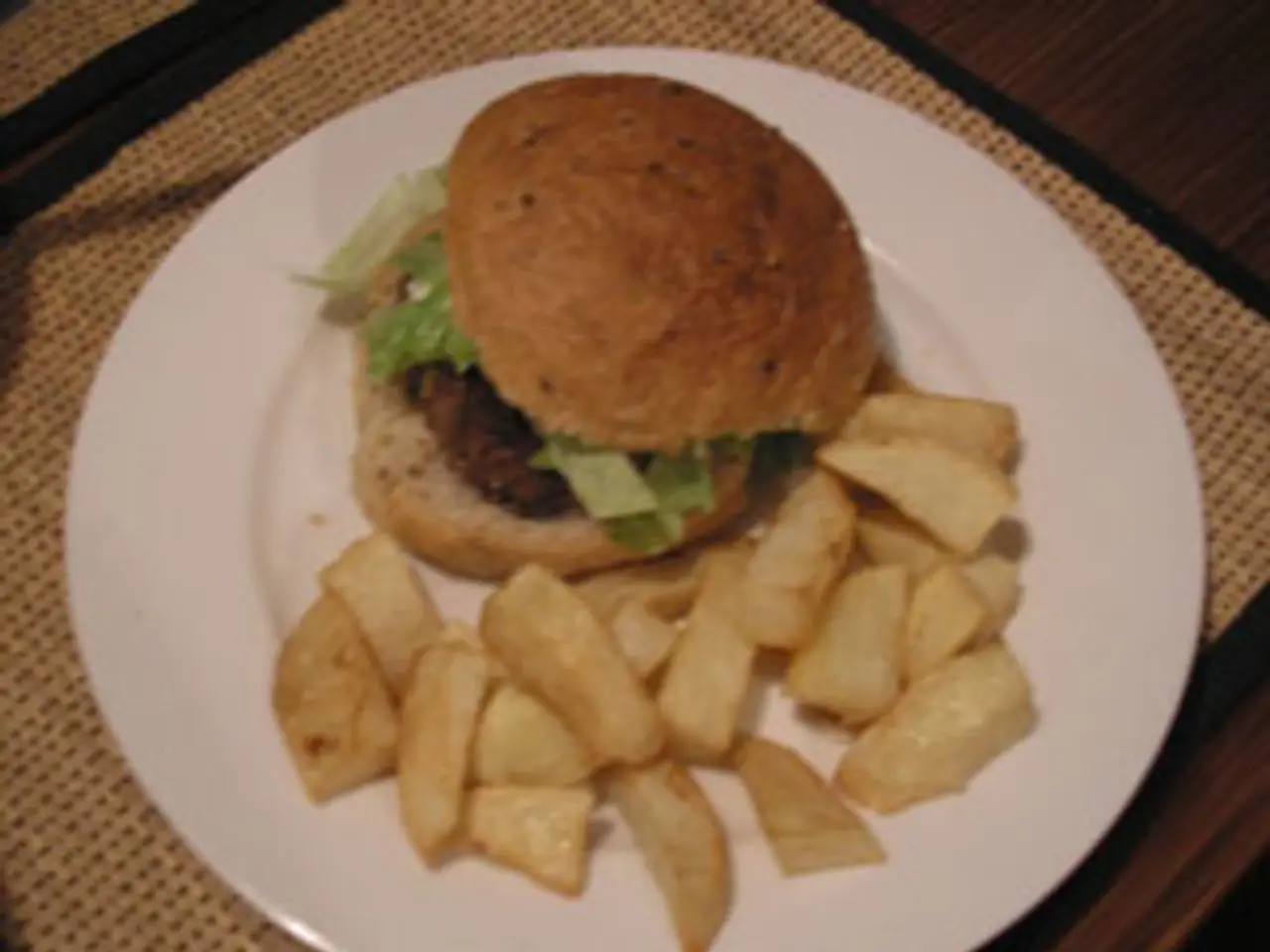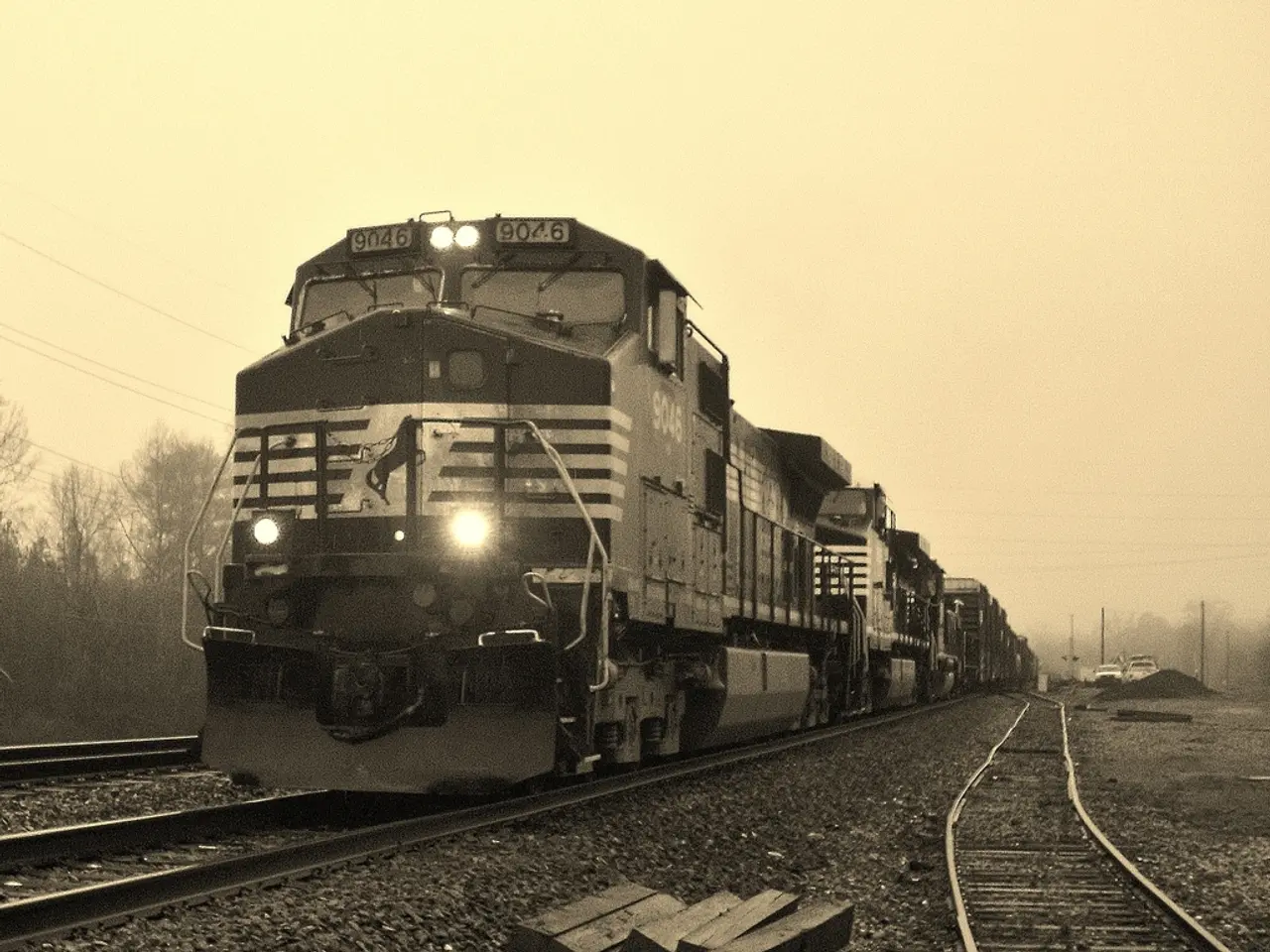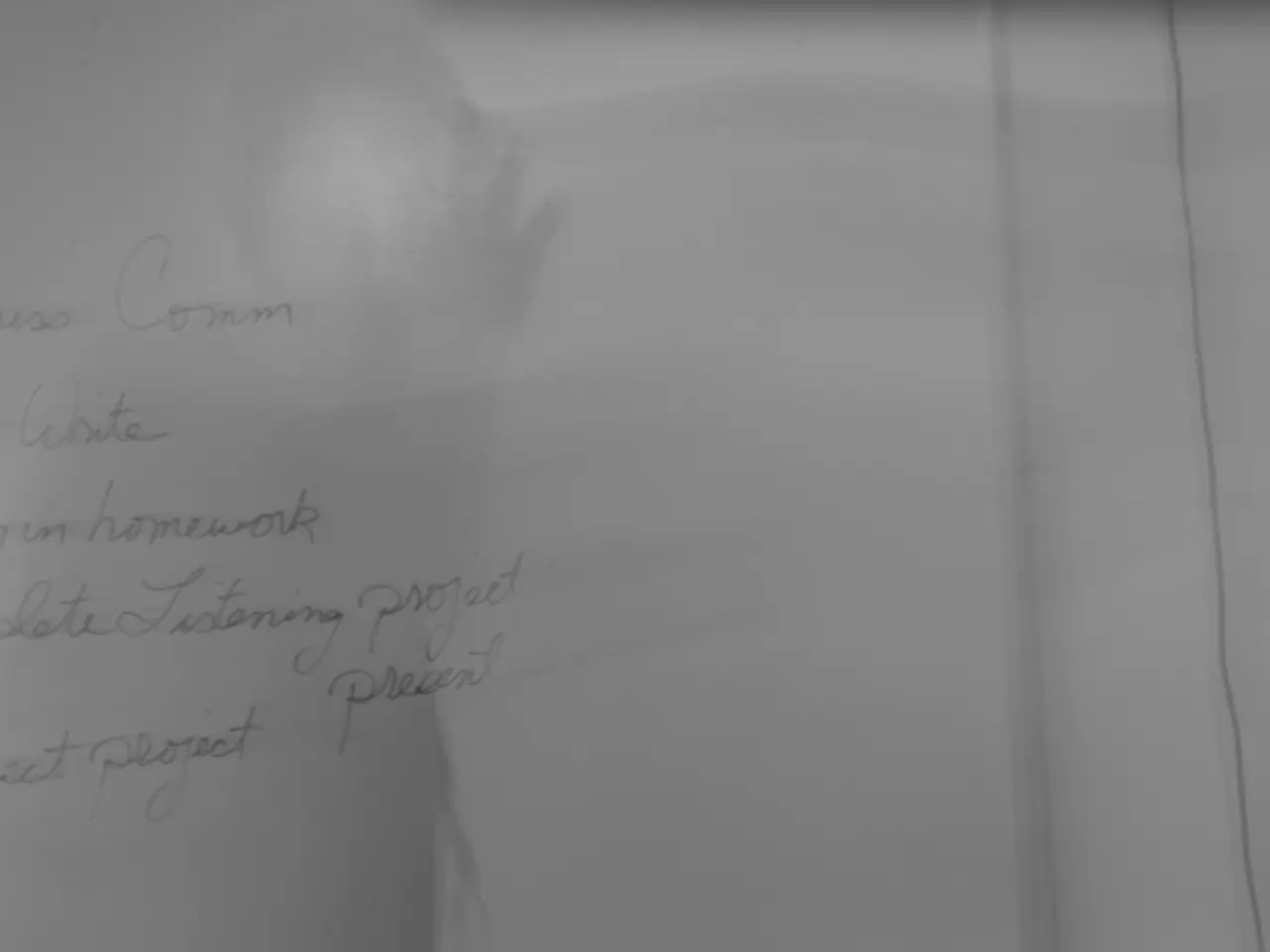Cardinal Gatherings Conclude with Enduring Uncertainty Regarding Pope Francis' Successor
In the heart of Vatican City, cardinals are gearing up for the upcoming papal conclave, tasked with selecting a new leader for the ancient Catholic Church in an effort to make it relevant in today's world. Hailing from 70 diverse countries, the 133 cardinals seem united in their quest for a pope who can be both a nurturing shepherd and a wise teacher. A superman, as Cardinal William Seng Chye Goh aptly put it.
This challenge is monumental, given the cascade of sexual abuse and financial scandals that have left the church's reputation in shambles, as well as the secularizing trends in many parts of the world that are pushing people away from organized religion. Pile on the Holy See's financial struggles and bureaucratic dysfunction, and the 21st-century papacy seems almost unattainable.
Pope Francis handpicked 108 of the cardinals, molding his image within the College of Cardinals. However, the uncertainty surrounding the election remains, as many of these select few are yet to build relationships with one another, leaving them with limited time to discern the most suitable candidate to lead the 1.4-billion-strong church.
On the morning of the meeting's conclusion, another significant rite of passage occurred: the destruction of Francis' fisherman's ring and his official seal, marking the end of his pontificate and the beginning of a new era. The cardinals will delve into their search for the new pope on the afternoon of the 7th, walking solemnly into the Sistine Chapel to the haunting chants of the "Litany of the Saints." They'll take their oaths of secrecy, swear allegiance to the vision of heaven and hell portrayed in Michelangelo's "Last Judgment," and cast their first votes.
The primary concern for the cardinals revolves around the church's ability to spread the Catholic faith and maintain its relevance in today's world, particularly among young people. Asia is ripe for evangelization and the harvest of vocations, as exemplified by Filipino prelate Cardinal Luis Antonio Tagle, a potential contender for the first Asian pope. However, should the pope's heritage mirror the new face of the Catholic Church, inspiring growth in regions where it is already thriving? Does it even matter?
Pope Francis, the first Latin American pope, still presides over the majority of the world's Catholics. Indian Cardinal Oswald Gracias believes the church needs to become more Asian, both culturally and spiritually, as the center of gravity shifts towards Asia. With 23 Asian cardinals participating in the conclave, Asia makes up the second-biggest voting bloc after Europe.
Among the geopolitical concerns facing the cardinals is China and the plight of the estimated 12 million Chinese Catholics. The 2018 Vatican-Beijing agreement governing the appointment of bishops remains a contentious issue among conservatives, many of whom decry it as a sellout of underground Chinese Catholics who remained loyal to Rome during decades of communist persecution.
The African continent, where Catholics represent about 20% of the population, is experiencing significant growth in terms of seminarians, as well. Cardinal Fridolin Ambongo Besungu, the archbishop of Kinshasa, Congo, insists that the cardinals must think beyond their individual regions and consider the universal church in their decision-making process.
As the cardinals work towards finding a spiritual leader for the 21st-century church, they hope to be guided by the Holy Spirit, as the historic quote from then-Cardinal Joseph Ratzinger suggests, assuring that the Church can be saved from total ruin.
Sources:- AP (Nicole Winfield, 2023)- Catholic News Agency (Josephine von Zauner, 2023)- The Conversation (Alessandro Spina, 2021)
- The upcoming papal conclave in Vatican City will have cardinals from Singapore, as Asia makes up the second-biggest voting bloc after Europe, offering potential for renewed leadership and growth within the church.
- Pope Francis, a native of Argentina, had selected various cardinals from around the world, including Seattle, during his time in office, in an effort to make the church more relevant in today's diverse world.
- Amid the challenges faced by the church, such as sexual abuse scandals, financial struggles, and the ongoing worry about falling membership in certain regions, the cardinals must look beyond their own countries and consider vocations and growth opportunities in places like Africa and Asia.
- As cardinals deliberate on the qualities needed for the new pope, they draw hope from the words of then-Cardinal Joseph Ratzinger, envisioning guidance from the Holy Spirit to save the church from total ruin.





